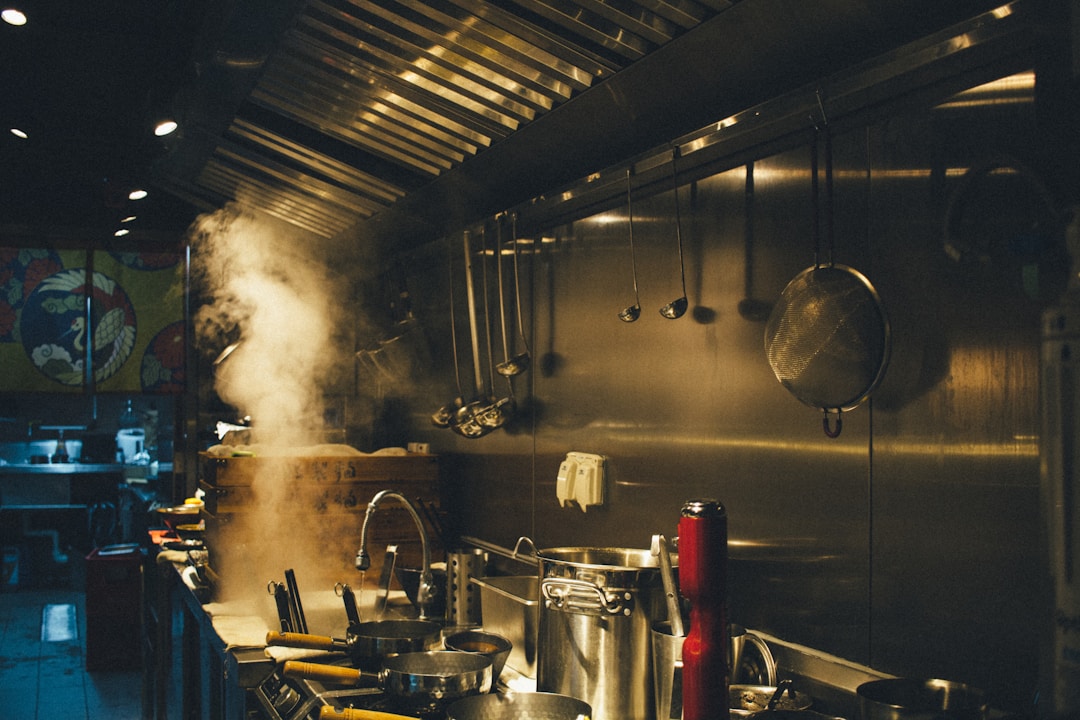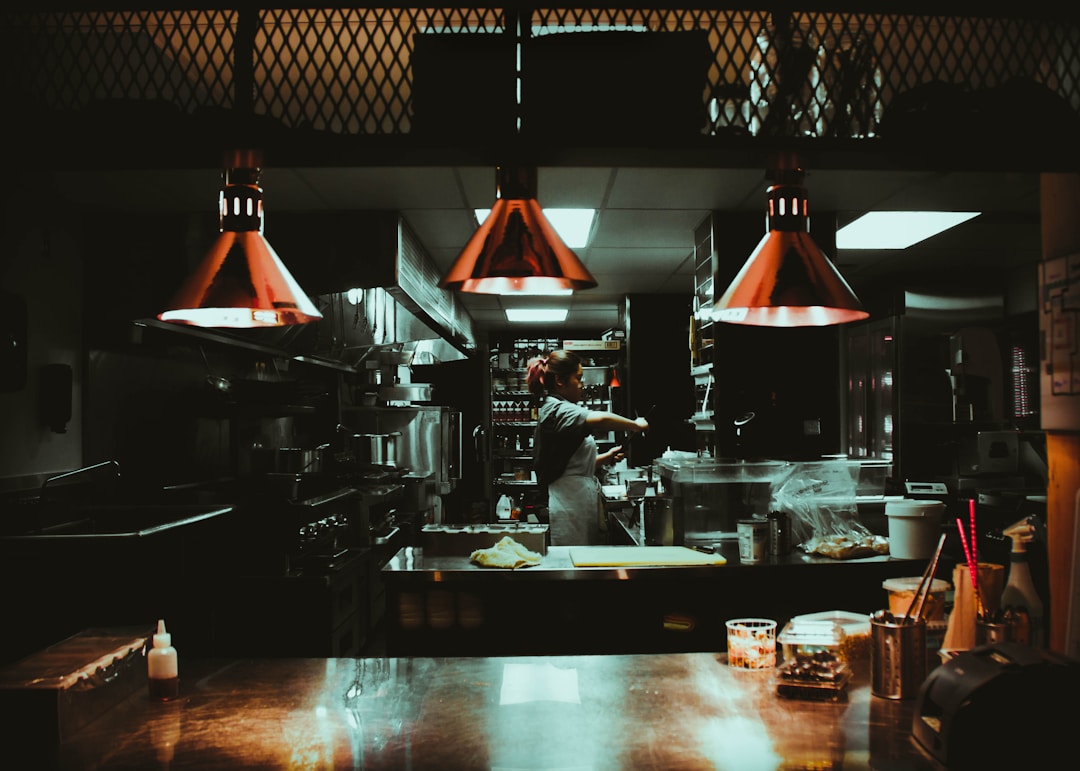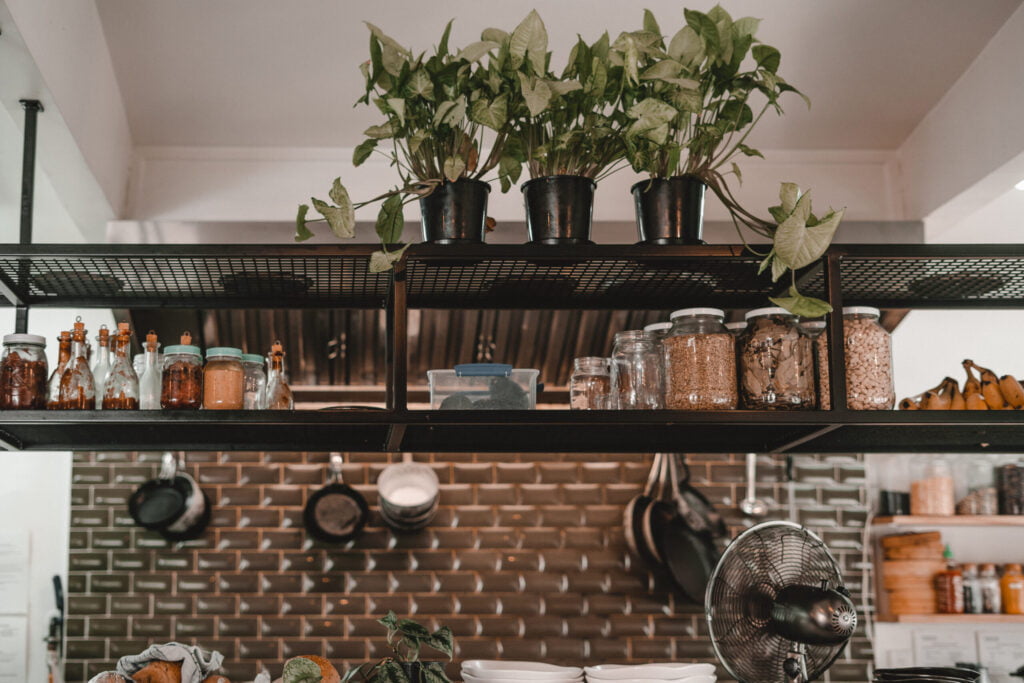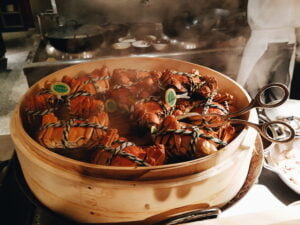Opening a successful restaurant requires much more than just a delicious menu and location. It necessitates having the right equipment in your kitchen to make sure your operations run smoothly, and your staff can work efficiently. As overwhelming as it may seem, we have compiled a list of the equipment you need to start your very own restaurant. Keep reading to discover the essentials required for your restaurant’s success.
Commercial Cooking Equipment

At the heart of every new restaurant startup is its kitchen, and to create mouthwatering dishes, you need top-quality commercial cooking equipment. These include powerful ranges, ovens, grills, and fryers. Choose equipment that meets your specific cooking needs and the volume of food you plan to serve. Be sure the equipment is durable, made of high-grade materials, and energy-efficient to save on utility bills.
In addition to the major appliances, smaller units such as microwaves, toasters, and panini presses may be required to complete your menu offerings. You need to consider your menu and the type of cuisine you will offer when selecting these items. By investing in quality cooking equipment, you will ensure your kitchen staff can provide consistently delicious meals for your customers.
When purchasing your cooking equipment, you have to use a reliable supplier. Restaurant Warehouse offers a wide range of quality commercial kitchen products, from ovens and fryers to food processors and mixers, to ensure that your restaurant has everything it needs to succeed.
Refrigeration and Freezers
Proper refrigeration and freezing equipment are crucial for maintaining food safety and preserving the freshness of your ingredients. Commercial refrigerators and freezers come in a variety of sizes and styles, including reach-in, walk-in, and under-counter options. It’s important to choose the type of refrigeration that fits your requirements and the available space in your kitchen.
Additionally, you may need specialized refrigeration equipment such as blast chillers, ice machines, or refrigerated display cases for items like desserts or beverages. Evaluate your daily operations and the specific storage and cooling needs of your ingredients to select the most suitable refrigeration equipment for your restaurant.
Keep in mind that subpar refrigeration and freezer equipment can lead to food spoilage and compromised food safety, which may result in poor customer experience and potential legal issues. Invest in dependable and energy-efficient refrigeration equipment to protect your ingredients, your customers, and the reputation of your restaurant.
Food Preparation Equipment

Efficient food preparation equipment streamlines kitchen workflows and supports the creation of delicious and visually appealing dishes. Common food prep equipment includes knives, cutting boards, food processors, mixers, and graters. These tools will allow your kitchen staff to chop, peel, grate, slice, and dice ingredients quickly and consistently, thus maintaining the presentation and quality of your dishes.
Food preparation equipment also includes items that support specific cooking techniques, such as baking sheets, mixing bowls, and measuring cups. When selecting these tools, consider the materials they are made from, such as stainless steel or silicone, and opt for those that are durable, easy to clean, and resistant to heat and bacteria.
Furthermore, implement proper food safety practices within your establishment. Your staff should follow proper sanitation and hygiene protocols when using food preparation equipment, and store these tools in designated, clean areas to prevent cross-contamination and ensure a safe dining experience for your customers.
Commercial Dishwashing Equipment
Commercial dishwashing equipment is needed for maintaining cleanliness and sanitation in your restaurant. High-quality dishwashers will help your staff quickly and efficiently clean dishes, utensils, and glassware, ensuring a steady supply of clean items during busy service times. Consider the type, size, and volume capacity of a dishwasher when purchasing one for your establishment.
In addition to dishwashers, you may need other dishwashing supplies like dish racks, utensil soak bins, and ware washing chemicals. You should also provide your staff with appropriate protective gear like gloves and aprons to ensure their safety while working with hot water and detergents.
Restaurant Furniture

Comfortable and stylish restaurant furniture is critical for creating an inviting atmosphere and enjoyable dining experience for your customers. Selecting the right furniture involves considering factors such as your restaurant’s theme, target clientele, and available space. Options to consider include tables, chairs, barstools, booths, and outdoor seating. Choose furniture that can withstand the wear and tear of daily use and is suitable for your restaurant’s ambiance and style.
Investing in quality furniture will not only enhance your restaurant’s aesthetic but also create a positive and lasting impression on your customers. You also need to ensure that your restaurant is accessible to all customers. When selecting furniture and arranging your dining area, accommodate customers with disabilities, ensuring they can comfortably and safely navigate and enjoy your dining space.
Smallwares and Tabletop Items
Smallwares like flatware, glassware, and dinnerware contribute to the aesthetic and service quality of your restaurant. The choice of these items should reflect your establishment’s theme and style, as well as the type of cuisine you serve. For example, a fine dining restaurant may opt for elegant china plates and crystal glassware, while a family-friendly eatery may choose more durable and casual dinnerware.
Along with dinnerware, your tabletop presentation should include items like napkins, salt and pepper shakers, and centerpieces. These small touches lend a sense of cohesion to your restaurant’s theme and ambiance, enhancing the overall dining experience for your customers. Remember that small wares and tabletop items are a major aspect of your customers’ dining experience, and choosing quality, attractive items can create a positive impression and encourage customers to return.
Point of Sale (POS) System
A reliable and easy-to-use point-of-sale (POS) system is critical for managing your restaurant’s transactions, inventory, and staff. Modern POS systems integrate with various software tools such as sales tracking, employee management, and customer engagement, allowing you to streamline your business operations and increase efficiency.
While traditional cash registers may suffice for some establishments, a comprehensive POS system can help you better understand your restaurant’s performance through detailed reports and analytics, empowering you to make informed decisions that contribute to your establishment’s success.
When selecting a POS system, consider features like touchscreen capabilities, menu customization, and integration with payment processors and third-party applications. Choose a system that is user-friendly and meets the unique needs of your restaurant, be it a small cafe or a large multi-location chain.
Marketing and Signage

Effective marketing and signage play a vital role in attracting customers to your restaurant. Your marketing materials and signage should reflect your establishment’s brand identity and create a sense of anticipation and excitement for your potential customers. Consider investing in a professionally designed logo, menus, and other promotional materials for your restaurant. Exterior signage, such as illuminated signs or outdoor banners, will increase visibility and draw customers to your establishment.
Strategically placed interior signs and eye-catching menu boards can also enhance the customer experience and promote specific dishes, specials, or events. While high-quality equipment and excellent service are necessary for your restaurant’s success, don’t forget the importance of effective marketing and signage in attracting and retaining customers. Invest in clear, well-designed signage and promotional materials to create a lasting, positive impression on your target audience and encourage repeat visits.
As you can see, starting a restaurant requires careful planning and thorough consideration of the equipment and supplies. Investing in quality kitchen appliances, durable furniture, and efficient POS systems will contribute to the smooth operation and success of your establishment. Don’t forget the importance of stylish and comfortable furniture, smallwares, and effective marketing materials in enhancing the dining experience of your customers and creating a thriving business.





















